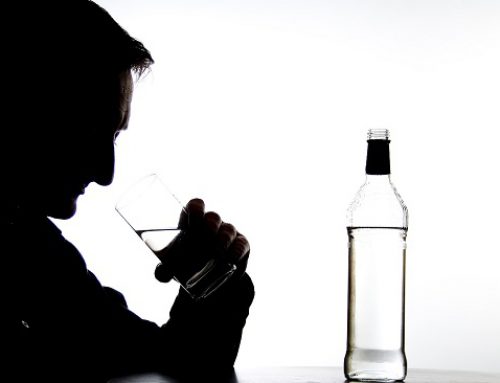Sexual abuse of men and boys is a little talked about issue. Not enough people, clinicians included, know that this kind of trauma is being inflicted upon boys. To make matters worse, males are less likely to report sexual abuse than female victims.
In the mid-1990s, the famous Adverse Childhood Experience Study reported that childhood trauma victims are significantly more likely to become IV drug users. While the addiction may be directly linked to trauma, there are often co-occurring disorders like Post-Traumatic Stress Disorder, Depression, Anxiety and shame that lead a person to seek comfort in dangerous substances.
The secretive culture created by sexual abusers causes a terrible cycle of lies, abuse, and victimization. The organization Stop It Now, defines sexual abuse of a child as “all sexual touching between an adult and a child.” Non-touching behavior that also constitutes abuse, according to Parents Protect, includes showing pornography to a child, deliberately exposing an adult’s genitals to a child, photographing a child in sexual poses, encouraging a child to watch or hear sexual acts, and inappropriately watching a child undress or use the bathroom.
This broad definition of sexual abuse may help those who are troubled by a trauma-filled past and plagued by the shame of abuse. Oftentimes, a child who has gone through abuse feels that that the abuse was his fault, but this is likely a part of the abuser’s manipulation. Parents Protect lays out some tactics that abusers use to attract unsuspecting children and to make the child feel complicit in the sexual act or series of acts. The tactics include “giving gifts, encouraging a child to keep secrets, threats, blackmail, coercion and flattery.”
According to The Men’s Project, one in every six boys will have experienced “unwanted direct sexual contact with an older person before 16.” But of course, because males seldom report this sort of abuse, this data may be skewed. According to Randy Boyd, a survivor of sexual abuse and author of Healing the Man Within, 65% of male clients at addictions facilities he’s visited have been abused in their youth. In his talk at the Rancho Mirage Network Luncheon, he said that the reason for the vicious cycle of abuse and non-reporting is partially cultural. “Men don’t show emotions,” he said, mocking cultural expectations.
There is also “physical, emotional, and spiritual abuse that happens right along with [sexual abuse]” Boyd emphasized in his talk. Fear and confusion often result from sexual abuse. Boyd pointed out that these emotions cause victims to go through life feeling desperate for love and yet unable to trust the people that offer love to them.
Addiction and trauma often go hand-in-hand. Co-occurring disorders in this scenario are very common as well. Many of the men who have been abused and who later in life appear at addictions treatment centers are often dealing with other mental disorders in addition to their underlying trauma. There may also be developmental issues. As Boyd says, “you stop growing when the abuse happens.”
Addiction happens for many reasons, but ongoing feelings of shame is one of the major causes of relapse. With a trauma as personal and heinous as sexual abuse, shame can overshadow the whole life of a man.
While this is a difficult topic to talk about, there is hope. Growing communities of men and boys are now discussing these matters in therapeutic settings and finding the support they need. There is also a large annual conference called “It happens to boys” that brings in inspiring speakers like John Lee and John Bradshaw.
The journey to healing from addiction and underlying sexual trauma can be difficult, but is a necessary effort for those seeking a better life experience. Therapists and counselors at Advanced Therapeutic Services are equipped to help you along on your journey. ATS is an Addiction & Dual Diagnosis Treatment Provider in Rancho Mirage, CA and can be reached at (760) 459-1795.






